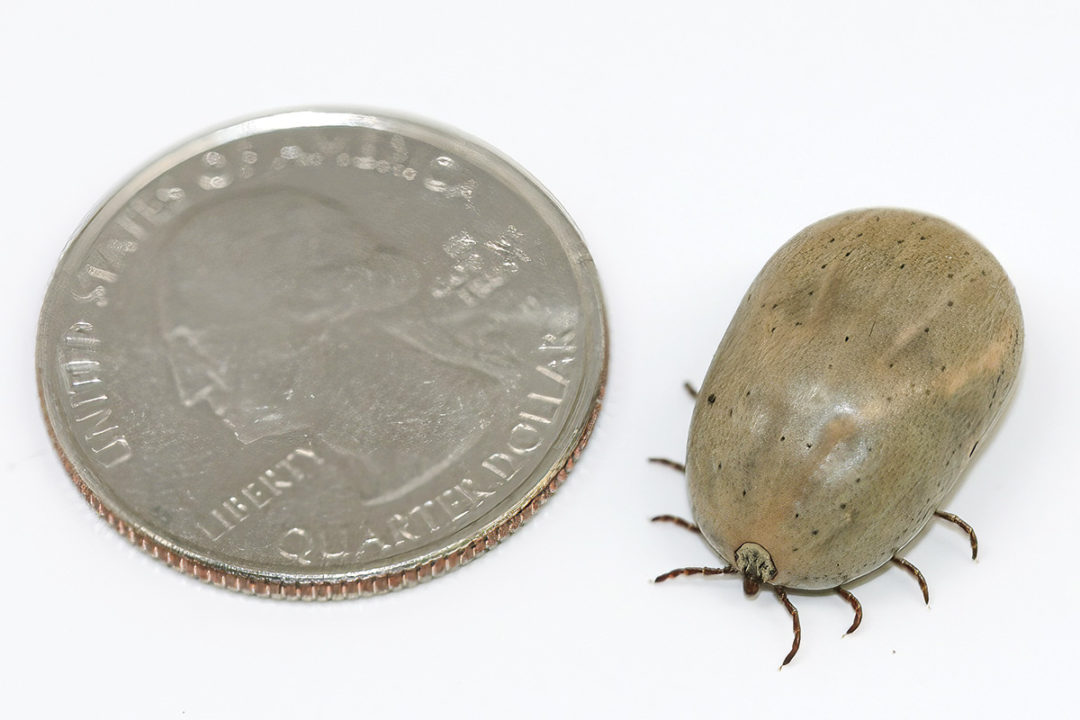Innovative Tick Control: Advanced Solutions for Effective Prevention


Understanding the Challenge of Tick Infestations
Ticks pose a significant threat to both human and pet health, carrying diseases like Lyme disease and causing discomfort. Traditional tick control methods often involve chemical pesticides, but concerns about their impact on the environment and health have led to a search for more innovative and eco-friendly solutions.
The Shift Towards Innovation in Tick Control
Innovative Tick Control Solutions represent a shift towards more effective and sustainable methods of tick prevention. As the demand for eco-friendly and health-conscious alternatives grows, researchers and pest control professionals are exploring innovative approaches to tackle tick infestations without resorting to harsh chemicals.
Biological Control: Nematodes and Predatory Insects
Biological control methods harness the power of nature to manage tick populations. Beneficial nematodes, microscopic organisms that feed on ticks, can be introduced into the environment. Additionally, certain predatory insects, such as parasitic wasps, contribute to natural tick control by preying on tick larvae and nymphs. These biological allies offer an environmentally friendly way to keep tick populations in check.
Tick-Repellent Landscaping Practices
Innovative landscaping practices can play a crucial role in tick control. Designing landscapes that are less conducive to tick habitats can reduce the risk of tick encounters. This may include creating tick-safe zones, incorporating tick-resistant plants, and strategically placing barriers to deter ticks from entering certain areas. Thoughtful landscaping can be an integral part of an innovative tick control strategy.
Essential Oils and Natural Repellents
Essential oils have gained recognition for their role in repelling ticks. Oils such as cedarwood, eucalyptus, and citronella have natural tick-repelling properties. By incorporating these oils into sprays, diffusers, or even outdoor candles, individuals can create a protective barrier against ticks without relying on chemical pesticides. This approach provides a safe and pleasant way to deter ticks in both indoor and outdoor spaces.
Smart Tick Monitoring Systems
Advancements in technology have led to the development of smart tick monitoring systems. These systems utilize sensors and cameras to detect tick activity in specific areas. By providing real-time data, they enable early detection and targeted interventions. Homeowners and professionals alike can benefit from the precision and efficiency offered by these innovative monitoring solutions.
Tick-Resistant Pet Products
Pets are often vulnerable to tick infestations, and traditional tick prevention methods may involve chemical treatments. Innovations in pet products now offer tick-resistant solutions that are both effective and safe for pets. Tick-resistant collars, shampoos, and spot-on treatments incorporate natural ingredients to repel ticks without compromising the well-being of furry companions.
Research on Tick-Resistant Plant Varieties
Research is ongoing to identify plant varieties that naturally repel ticks. Certain plants produce compounds that act as natural deterrents for ticks. Integrating these tick-resistant plant varieties into landscaping or creating tick-repelling plant borders can contribute to a comprehensive and sustainable tick control strategy.
Community Education and Awareness
Creating awareness about innovative tick control solutions is crucial for their widespread adoption. Community education programs can inform individuals about the effectiveness and benefits of these alternative methods. By fostering a shared understanding of innovative tick control, communities can collectively contribute to a healthier and tick-resistant living environment.
Home in Harmonia’s Leadership in Tick Control
For those seeking reliable Innovative Tick Control Solutions, Home in Harmonia stands out as a leader in integrating advanced and eco-friendly approaches. Their commitment to innovation ensures that clients receive the most effective tick control measures while prioritizing environmental sustainability and health.
Conclusion
In conclusion, the landscape of tick control is evolving towards innovative and sustainable solutions. From biological controls to smart monitoring systems and natural repellents, these innovations offer effective alternatives to traditional chemical pesticides. Embracing innovative tick control not only safeguards human and pet health but also contributes to a more eco-friendly and balanced living environment.








